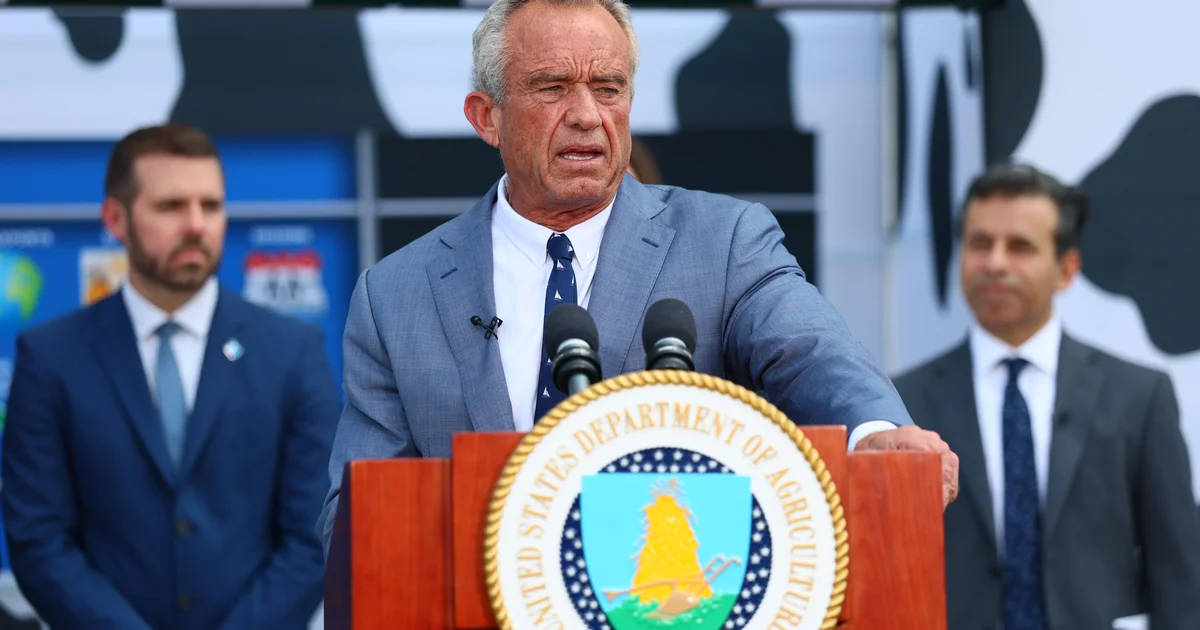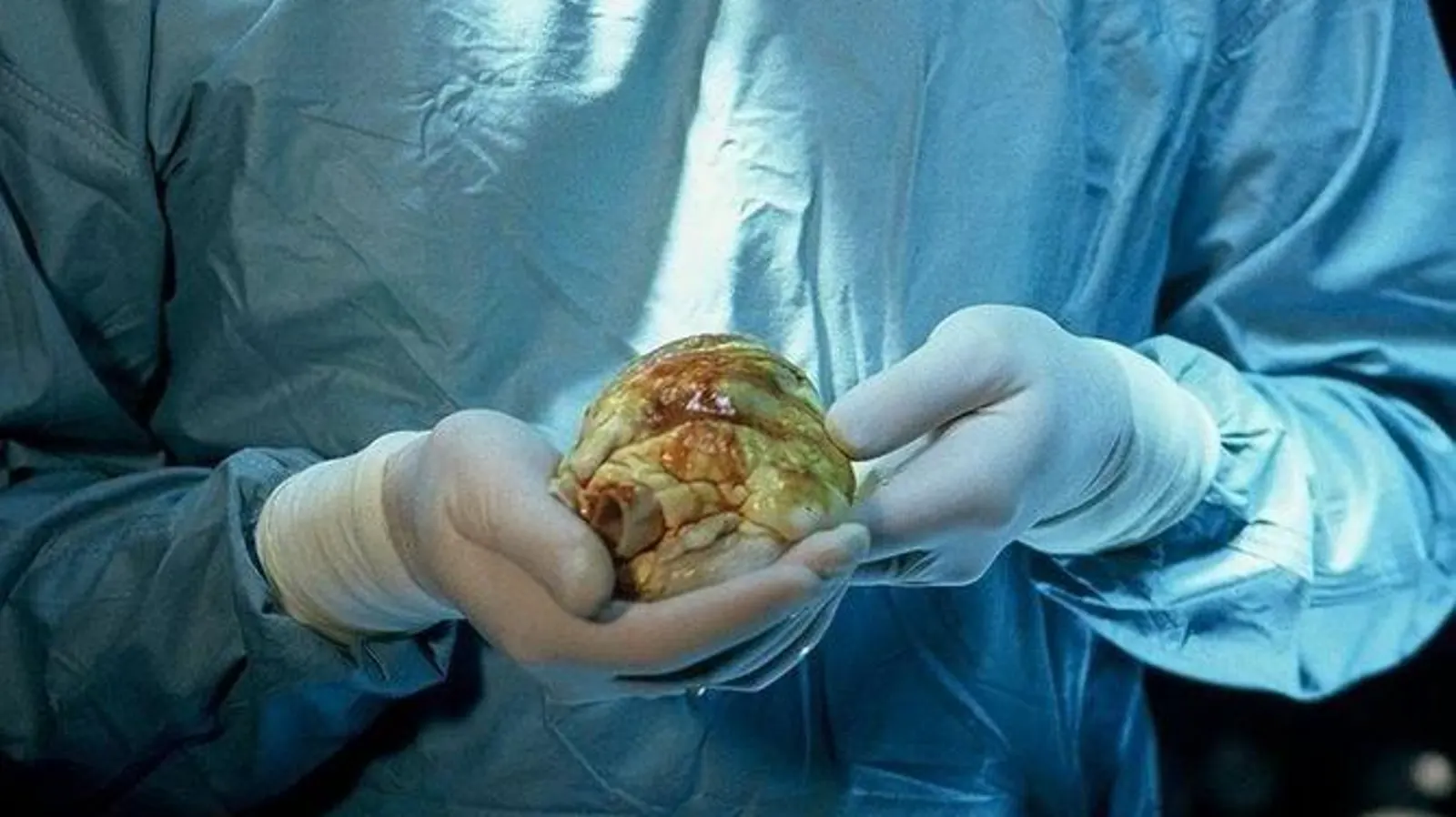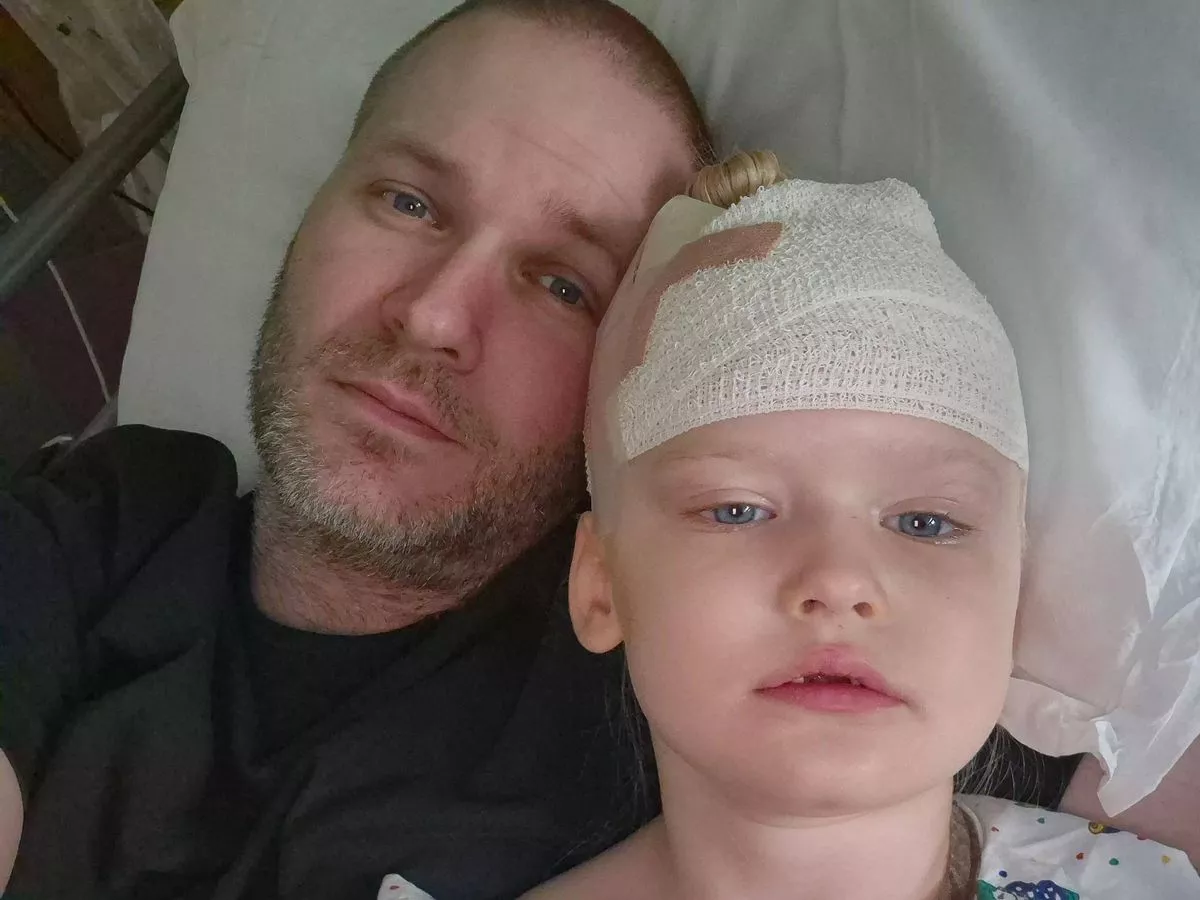By Kaia Hubbard
Copyright cbsnews

Washington — Health and Human Services Secretary Robert F. Kennedy Jr. announced on Thursday new action to reform the nation’s organ transplant system, as well as a a move to decertify an organ procurement organization.”Every American should feel safe becoming an organ donor and giving the gift of life, yet decades of ignored patient safety concerns have driven more and more Americans off the donor list,” Kennedy said. “Today, under President Trump’s leadership, we are taking bold action and historic action to restore trust in the organ procurement process.”Transplant experts said last year there had been a spike in people revoking organ donor registrations, after a report that a Kentucky man who’d been declared dead woke up just as a team was preparing to remove his organs. Since then, there have been more reports of attempts to remove organs from patients who had mistakenly been declared dead. Kennedy said at a news conference that “we are acting because of years of documented patient safety data failures and repeated violations of federal requirements, and we intend this decision to serve as a clear warning.”The secretary said the Life Alliance Organ Recovery Agency, a division of the University of Miami Health System, “has a long record of deficiencies directly tied to patient harm.””Unlike the Biden administration, which ignored these problems and failed to act, the Trump administration is setting a new standard that patient safety comes first,” Kennedy said. Kennedy said along with the decertification, HHS is reforming the Organ Procurement and Transplantation Network and “investing in new ways to encourage organ donation.”In July, HHS announced a plan to begin reforming the organ transplant system, citing a federal investigation that “revealed disturbing practices by a major organ procurement organization.”Kennedy said in a statement at the time that the investigation, conducted by the Health Resources and Services Administration under HHS, showed “that hospitals allowed the organ procurement process to begin when patients showed signs of life,” calling it “horrifying” and pledging to hold accountable organ procurement organizations that coordinate access to transplants. HHS said the investigation examined 351 cases where organ donation was “authorized, but ultimately not completed,” finding that nearly 30% showed “concerning features,” like neurological signs in patients that the agency said are incompatible with organ donation. And at least 28 patients “may not have been deceased at the time organ procurement was initiated.”More than 100,000 people are on the national transplant waiting list, and 13 people die each day waiting for a transplant, according to the Health Resources and Services Administration. Kennedy has been pushing major changes to the nation’s health care systems since he was sworn in earlier this year. And he has faced criticism in recent weeks over his leadership of the department amid a number of departures from the Centers for Disease Control and Prevention. On Wednesday, Susan Monarez, who was ousted as CDC director by Kennedy less than a month after she was confirmed, testified before a Senate committee that she faced pressure from the secretary to change the childhood vaccine schedule, regardless of whether there was scientific evidence to support doing so. Kennedy testified before a different Senate committee earlier this month, where he defended the CDC shake-up, saying changes at the health agency were “absolutely necessary.” The secretary denied pressuring the former director to preapprove upcoming vaccine recommendations, and accused her of lying about why she was fired.



